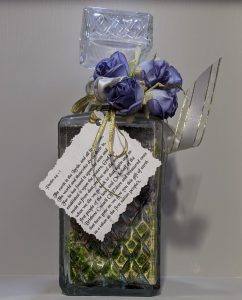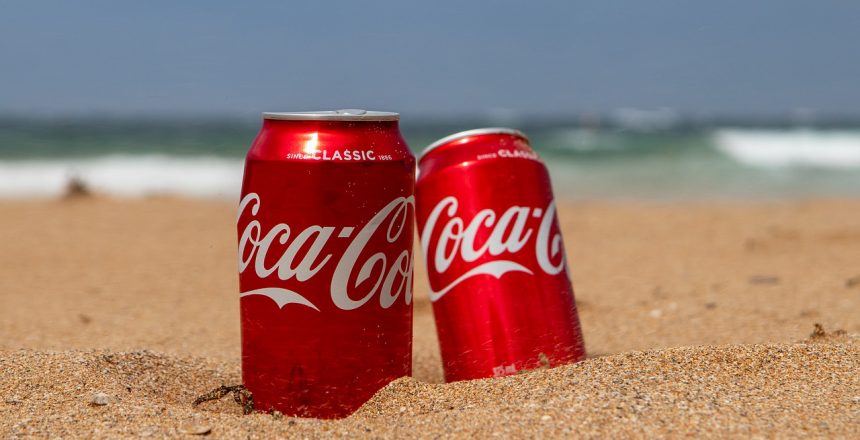One of my most cherished memories is the incredible kindness of a patient who offered me a can of Coke. It happened while I worked as an intern in a sweltering hot Emergency Department in South Africa.
The open-plan layout provided less privacy than an ornamental fishbowl with a single plastic leaf. A young African male approached me as I hurried between patients, flashing a bright smile that trumped any toothpaste commercial. In broken English, he offered me a can of Coke with both hands outstretched.
In those days, a can of Coke were only a few cents, but in that part of the world every cent was precious, and soft drinks were an unaffordable luxury for most. I was therefore unsurprised that the young man did not have a drink himself.
My first instinct was to politely decline; but then I remembered an excerpt from Kahlil Gibran that my dad often quoted: ‘…to be over-mindful of your debt, is to doubt his generosity…’ Instead, I accepted the gift (admittedly with some residual guilt) and resolved that I would respectfully enjoy it for both of us.
The drink quenched more than my physical thirst. Apartheid may have formally been abolished, but we still lived and worked with the legacy of divisions along the lines of race, culture, language, and relative privilege. With his gift, this exceptional young man helped to assuage some of my shame about historical inequalities, and I felt inspired by the potential of our common humanity to heal old wounds.
Fast forward two decades, and I am visiting the Queensland Emergency Operations Centre in Kedron. While waiting for the meeting to commence, two objects in the reception area caught my eye, and left me in awe of the incredible generosity of the gifts, and their incalculable value.
The first was the Honour Rolls of the Queensland Ambulance Service and the Queensland Fire and Emergency Services with the names of those who ‘died in the line of duty’. The first entry is almost a century and half ago, on 25 March 1877, and the most recent entry was made on 28 January 2019. The people on the list include men and women who had different jobs and worked in every region of Queensland. Yet, despite their differences, they are united by their ultimate sacrifice in service of others.
The second object was a beautiful vase in an alcove with the following inscription on a bronze plaque: ‘…God has made us from dust, we live and die and when we die we go back to dust again, and as first people of the land, and on behalf of the Brisbane Council of Elders and treasured ones that have gone on we give you this gift of earth as a token as the first nation people’s.’

The reference by the Elders to a Christian God reminded me of the gospels of Luke and Mark, and their description of an incident of a poor widow who put two coins into the treasury of the Temple of Jerusalem. Jesus pointed out her contribution to his disciples and remarked: ‘this poor widow put in more than all the other contributors to the treasury. For they have all contributed from their surplus wealth, but she, from her poverty, has contributed all she had, her whole livelihood’.
Kahlil Gibran expressed a similar sentiment when he wrote: ‘you give but little when you give of your possessions. It is when you give of yourself that you truly give’.
In modern, high-income countries like Australia, the scarcest and most valuable resource of many people is now our diminishing quantity of discretionary time. In recent years, there has been an exponential proliferation of unrelenting demands for our finite attention in all areas of our professional and personal lives. The COVID-19 pandemic response and vaccine program are only two contemporary examples of the additive nature of workload.
In primary care and general practice, some of the precious gifts we may choose to give consumers, and each other, are therefore our time, attention, and (small) acts of kindness. Even though some efforts may seem to go unnoticed, the gifts we offer despite their personal cost have immense potential to inspire and positively influence the recipients and our communities.

